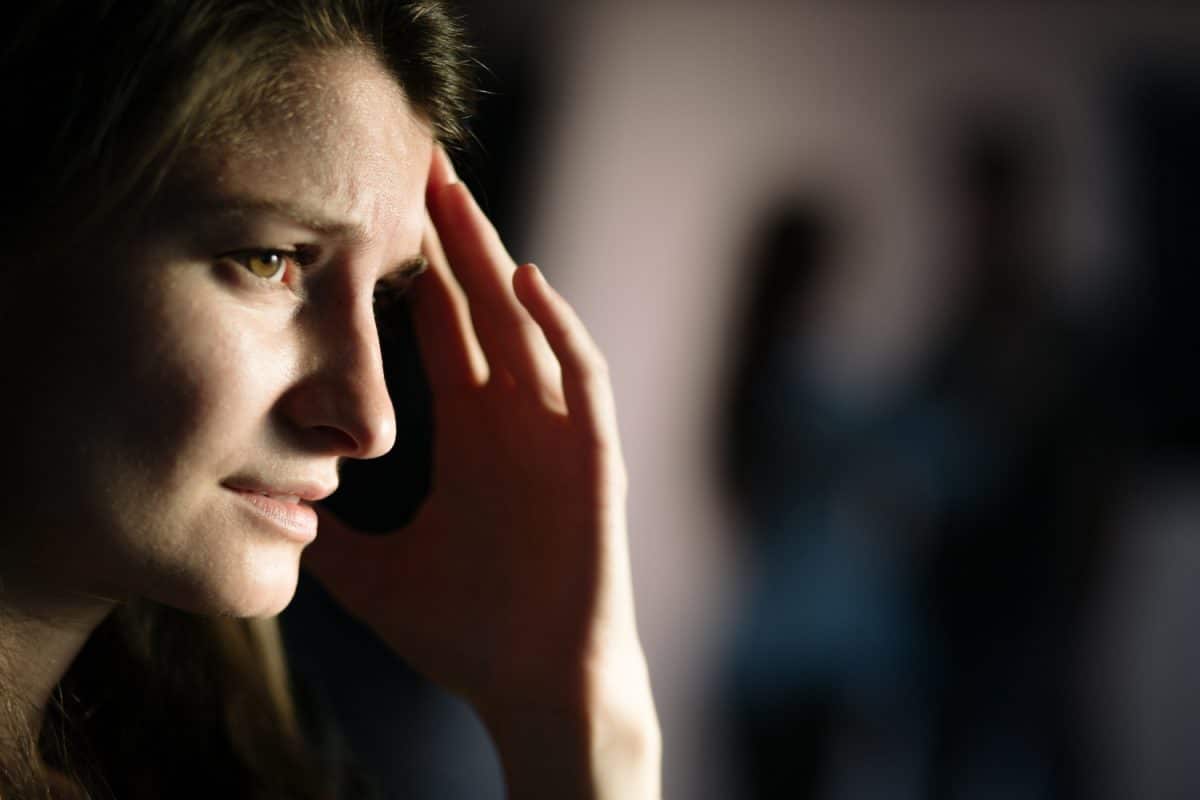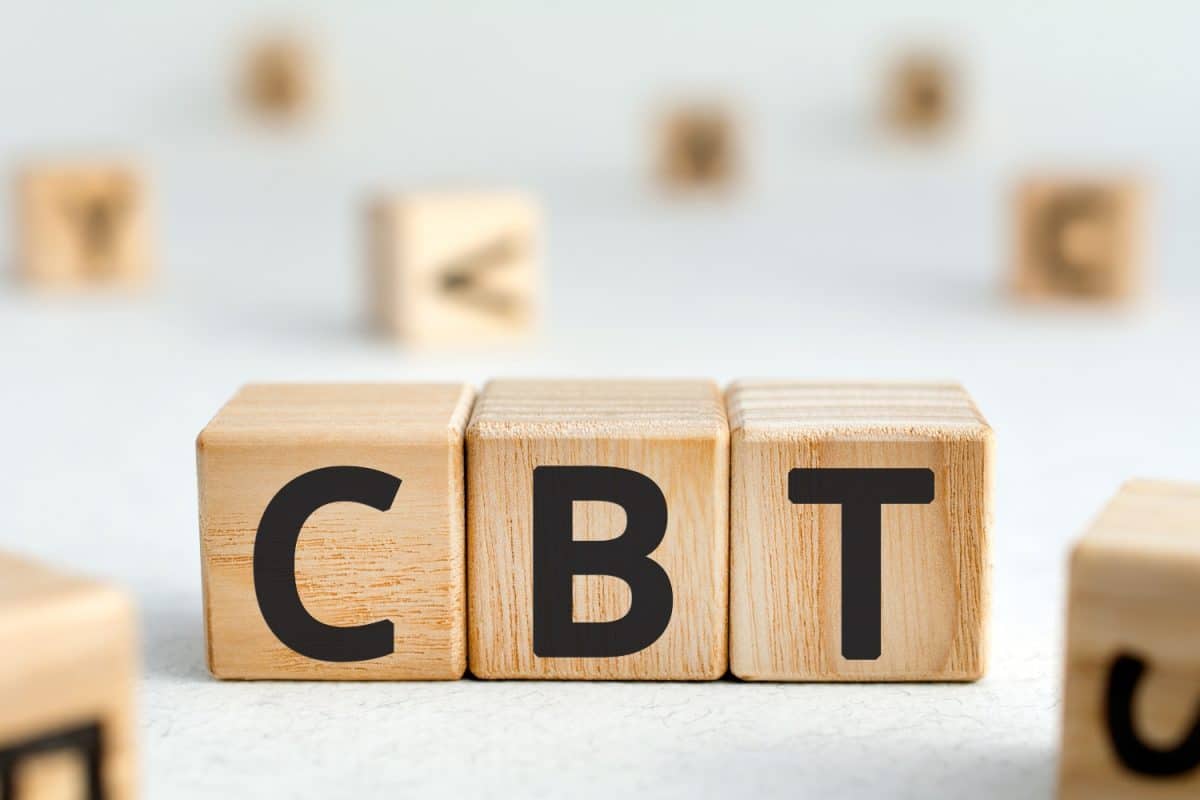If you have ever experienced intense, overwhelming anxiety in the presence of mild body symptoms (or at the thought of contracting a severe medical illness or disease), in that case, you may have health anxiety.
Stigma
There has been much stigma about health anxiety over the years, with sufferers of this condition often being the butt of many health-anxiety-related jokes.
Moreover, popular culture hasn’t made this stigma any easier; for instance, comedians seem to have an endless litany of one-liners about hypochondriasis.
Terms like “attention-seeking” and “time-wasting” have been inaccurately linked with health anxiety, with sufferers accused of wasting a physician’s valuable time.
However, pervasive worrying over your health and being in the depths of a health anxiety episode is anything but a light-hearted experience.
Like any mental health disorder, all communities must take health anxiety seriously, especially medical and familial, if we hope to see more favourable health outcomes in the future.
What is health anxiety?
Previously called hypochondriasis, health anxiety is an obsessive, irrational worry about having (or contracting) a severe illness or condition.
There are various terms to describe health anxiety, and depending on your symptoms, you could be diagnosed with an illness anxiety disorder or somatic symptom disorder.
Guidance and support
This article will explore the different health anxiety conditions and their symptoms. If you think you have any signs and symptoms of health anxiety, you must speak to your doctor or a mental health professional for advice and support.
Hypochondria: Should the term be “cancelled?”
Hypochondria is an Ancient Greek term for the “upper abdomen.”
“Hypo” means “below,” and “chondria” refers to the ribs.
The abdomen was perceived as the “seat of melancholy” in Ancient Greek culture, much like how other cultures conceptualise the heart as a place of love.
The term hypochondria (below the ribs) developed traction within the medical field due to the psychological link to its physiological origins.
A misunderstood condition

Health anxiety is a misunderstood condition – not only is the disorder at the brunt of bottomless jokes, but medical physicians are ill-prepared for how health anxiety presents in their patients and what the signs are, which can delay or prevent treatment.
Studies show that health-anxiety sufferers often feel dismissed by their doctors or healthcare providers. This experience leaves people feeling distressed, misunderstood and more convinced than ever that there is something wrong with them once they leave the walls of a physician’s office.
The above adds another dimension of worry to an already enormous pile of- health-related concerns.
The shame and humiliation of being an inconsolable patient are confusing emotions for both patient and doctor, especially in the absence of a formal health diagnosis.
Like any mental health disorder, health anxiety is marked by various symptoms and follows a particular trajectory; people with the condition can oscillate between excessive health worries that cause severe daily dysfunction to fleeting episodes of relief.
Reassurance-seeking behaviours
Suppose excessive health worries have impaired your ability to function in the past. In that case, you’ll likely be familiar with how the condition presents itself and the various ways it erodes many facets of an individual’s life.
One of the most pervasive symptoms of health anxiety is seeking reassurance about your health from medical providers, family and friends.
Worrying about your health is expected from time to time – however, most people are satisfied when their doctor gives them a clean bill of health. Such people leave the doctor’s office and continue with the rest of their lives after being given the all-clear.
However, the medical experience is entirely different for those with health anxiety; such individuals may initially leave the doctor’s office reassured that all is well; however, a creeping uncertainty seems to linger.
After receiving a clean bill of health, it’s not long before the anxiety resurfaces for those with health anxiety; a pervasive sense of dread often triggers questions such as, what if the doctor was wrong? What if my test results got mixed up with someone else’s, or the doctor was tired and missed something vital?
When individuals with health anxiety get the reassurance they desperately seek, the effect is fleeting. Broadly, reassurance provides momentary relief that can be sufficient enough to soothe an individual’s distress in the short -term.
Like those without the condition, health anxiety- sufferers can experience genuine relief when they get the all-clear from their doctor.
The “high” experienced when a person’s doctor confirms that they are part of a “good prognostic group” runs right down to the bone-deep.
However, it’s not long before the health worries come creeping back in, and the person is plunged into the depths of another health anxiety crisis.
What health anxiety isn’t
It might be easier to explain what health anxiety isn’t rather than what it is.
Health anxiety isn’t someone being mildly concerned about their health and still being able to function as they ordinarily would.
Equally, health anxiety is not someone being more concerned over their health than most; people with this condition are not wimps or attention-seekers who fake symptoms to get out of work or other responsibilities.
When someone with health anxiety constantly speaks about their symptoms or health concerns to family or friends, they are not doing it to get attention or sympathy.
They are terrified that the symptoms they are experiencing will eventually lead to a life-threatening diagnosis or illness.
How health anxiety presents
Health anxiety is a rare but specific condition. People with health anxiety genuinely worry that they are unwell.
The conditions that people with health anxiety worry about tend to be focused on one belief:
- A skin rash must be skin cancer.
- A lump in the neck is throat cancer.
- Stomach cramps are cancer-related or potentially life-threatening.
The level of distress associated with health anxiety takes on delusional and obsessive qualities; there’s a chronic, compulsive drive for reassurance that takes over various aspects of a person’s life – the individual is driven to seek comfort and will search for it in multiple ways.
Finding answers to health symptoms
There’s a constant need to find an answer to physical symptoms where reassurance-seeking behaviours mirror the signs and symptoms of addiction.
For example, a drug addict’s needs are satiated while engaging in substance abuse, yet when the high dissipates, the person will seek ways to find more of the drug.
Likewise, the person with health anxiety is driven by their need for reassurance. However, the downside of getting this “fix” is temporary; as soon as it wears off, the anxiety comes back with a vengeance.
Checking the body for symptoms

People with health anxiety may check their bodies for changes or symptoms of severe illness 30, 80, or 100 times a day.
A person’s concern about being significantly unwell seems to dominate their conversations with family, friends and colleagues.
Reassurance-seeking behaviours, which are at the centre of health anxiety, inevitably result in regular visits to the doctor’s office and accident and emergency departments.
The lure of online resources can be an impossible temptation for people with health anxiety who often search for their symptoms multiple times throughout the day.
Implications
One of the implications of health anxiety is the constant medical testing, screening and health scans that occur due to regular trips to the doctor’s office or the local hospital; medical investigations can be invasive and have various physical side effects.
Health anxiety is a life-controlling illness; people with this condition do not represent the profile of a lazy, attention-seeking, time-waster as popular culture might have us believe.
Instead, such individuals are immersed in fear and anxiety that is disproportionate and unyielding; people with health anxiety require support and acknowledgement and informed-treatment interventions.
Hypochondria as a diagnostic label
Some mental health professionals believe that “hypochondria as a diagnostic label is beyond rehabilitation,” – which is why the condition often gets referred to as health anxiety today.
The experience of having health anxiety is challenging enough without the condition’s name being saturated in shame and stigma.
Health anxiety diagnosis
Some years ago, people with health anxiety symptoms would be diagnosed with hypochondriasis; however, the process of getting a diagnosis is markedly different today.
Hypochondriasis is no longer included in the Diagnostic and Statistical Manual of Mental Disorders (DSM-5). Instead, a person with health anxiety symptoms might be diagnosed with:
- Illness anxiety disorder – where a person has no physical symptoms or only mild bodily symptoms
- Somatic symptom disorder – this condition is diagnosed in individuals who are significantly distressed about their bodily symptoms or have multiple physical symptoms.
When formulating a diagnosis, your physician will perform a series of tests to evaluate your condition and rule out any health concerns you may have.
If you are physically healthy, your doctor will likely refer you to a mental health professional for a thorough evaluation and diagnosis.
Symptoms of illness anxiety disorder

The following symptoms and behaviours mark the signs of illness anxiety disorder:
- The absence of physical symptoms or very mild symptoms
- Excessive preoccupation with an existing medical condition or your family history’s medical condition
- Obsession with having or contracting a severe illness
- Repeatedly checking your symptoms online
- Avoiding going to see your doctor to avoid being diagnosed with a severe illness
- Constantly checking or screening your body for symptoms
- Preoccupation with having a severe illness or disease for at least six months
Risk factors
Various factors can put people at higher risk of developing health anxiety.
They include:
- Having a family member who excessively worried about their health
- Exposure to a life-threatening illness or having past experiences of severe disease in childhood. As an adult, specific body sensations may seem scary or frightening to you.
- A poor understanding of specific diseases and body sensations that cause you to think you have a severe illness. You may begin to look for evidence of a severe illness by googling your symptoms or constantly checking your body.
Triggers
Research shows that health anxiety episodes can be triggered by various life events, such as:
- A traumatic event or experience
- Being abused in childhood
- The possibility of a severe illness or condition that turns out to be not serious
- Having a specific personality (i.e., worrying personality)
Treatment
Treatment options for health anxiety are focused on improving daily function and symptoms. Broadly, treatment for health anxiety is usually psychotherapy and medications.
Cognitive behavioural therapy (CBT)

CBT focuses on changing unhelpful beliefs, thoughts and ideas that may lead to unhealthy coping mechanisms.
Various studies show the effectiveness of CBT on health anxiety patients – mainly because CBT teaches people to manage their condition effectively and helps them to challenge any frightening or unhelpful thoughts. CBT encourages people to:
- Learn to deal with the uncertainty about their symptoms and overall health
- Explore bodily symptoms logically – for example, by looking at cancer statistics and analysing the probability of developing the disease – this approach can be helpful for those who find themselves in a constant cycle of health worries.
- Raise awareness about how their anxiety affects them and their health
- Learn to stop avoiding specific activities or tasks because of physical sensations or worries
- Avoid seeking reassurance and checking their bodies for severe illness or disease symptoms.
- Learn to respond to physical symptoms differently by changing unhelpful thoughts
- Learn to manage anxiety and stress more effectively
- Identify health anxiety beliefs and worries.
- Speak to their doctor or mental health professional to rule out other conditions like depression or a personality disorder
Looking ahead
Understanding your symptoms of health anxiety, when and how they arise, and what situations may trigger an episode can help you to manage the condition better.
Health anxiety is a long-term mental health condition that can vary in symptoms, depending on other factors. Research shows that health anxiety may worsen during stressful times or as a person ages.
However, proper treatment intervention can help you manage your symptoms, allowing you to live a happy, fulfilling existence without any health concerns creeping in and sucking the joy out of your life.
A valuable way to put health anxiety into a healthy context could be through positive affirmations or statements.
It might help if you remembered that instead of having a health worry, you have a worry about your health. Health anxiety does not define us; rather, it can be something we “do” to cope with life’s stresses, and with proper support and guidance, unhelpful coping mechanisms can be changed.
Contact us
If you or someone you know has any of the symptoms mentioned in this article, speak to a White River Manor specialist who can help.
Helpful resources
1. Health Anxiety (Hypochondria): What is health anxiety? Healthline: Erica Cirino, September 29th, 2018
2. Hypochondria: a word desperately in need of a makeover: National Elf Service







